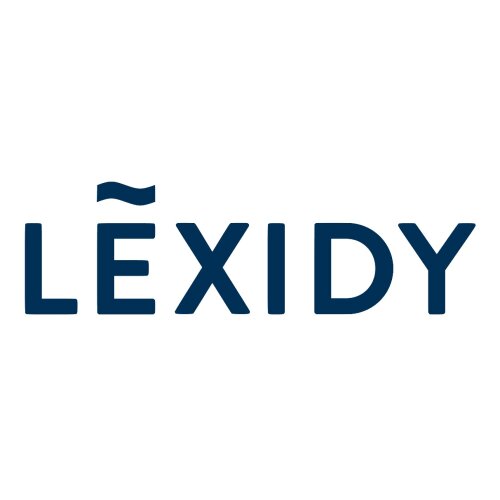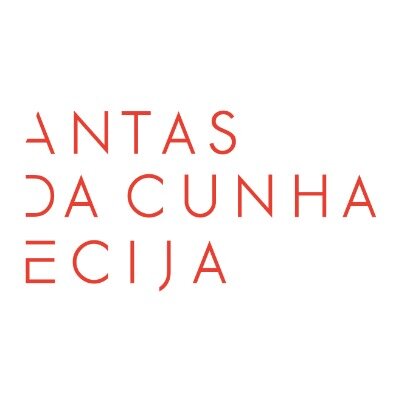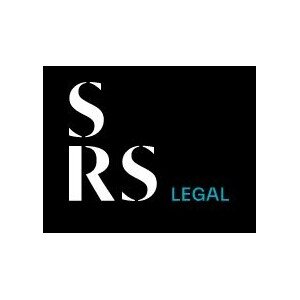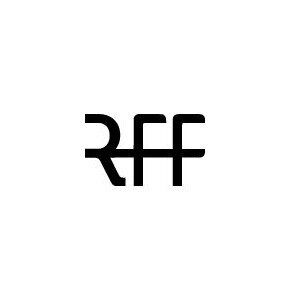Best Mining Law Lawyers in Lisbon
Share your needs with us, get contacted by law firms.
Free. Takes 2 min.
List of the best lawyers in Lisbon, Portugal
About Mining Law in Lisbon, Portugal
Mining Law in Lisbon, Portugal is a specialized area focused on the legal frameworks that govern the exploration, extraction, and management of mineral resources within the Lisbon region and the country as a whole. The legislation aligns with both national and European Union directives, designed to promote responsible mineral exploitation while safeguarding environmental standards and public interests. Whether dealing with industrial minerals, metallic ores, or even precious stones, mining activities are highly regulated and require strict compliance with local laws and regulations.
Why You May Need a Lawyer
Navigating the complexities of Mining Law can be challenging for individuals and businesses alike. You may require a lawyer if you are:
- Looking to obtain permits for mineral exploration or extraction
- Negotiating mining rights or concessions
- Facing disputes over land use or ownership related to mining areas
- Handling compliance with environmental requirements and safety standards
- Entering into contracts or joint ventures with other mining companies
- Responding to government inspections or enforcement actions
- Dealing with property damage or liability issues caused by mining operations
- Transferring or acquiring mining assets and interests
A lawyer experienced in Mining Law can ensure that your interests are protected, documents are correctly drafted, and all regulatory obligations are fulfilled.
Local Laws Overview
The legal environment for mining in Lisbon is primarily governed by the Portuguese Mining Code, which sets out the procedures for exploration, licensing, operation, and closure of mines. The key aspects include:
- Licensing and Permits: Anyone wishing to explore or exploit mineral resources must secure the appropriate licenses from the Directorate-General for Energy and Geology (DGEG).
- Environmental Impact: Mining activities are subject to strict environmental assessments under both national law and EU directives, with a focus on minimizing adverse effects on soil, water, air, and biodiversity.
- Land Use and Ownership: The state often owns subsurface mineral rights, but landowners may have rights to compensation. Agreements between private landholders and mining companies are common but must comply with statutory guidelines.
- Royalty and Taxation: Operators are required to pay specific royalties and taxes derived from mining revenues, with rates determined by the type and value of extracted minerals.
- Occupational Health and Safety: There are stringent rules aimed at protecting the safety of workers, including mandatory training, equipment standards, and regular inspections.
- Foreign Investment: Foreign entities can engage in mining activities, but may face additional reporting requirements and need authorization from relevant authorities.
- Closure and Rehabilitation: Mining companies are obligated to restore mined land and prepare detailed closure plans to prevent lasting environmental damage.
Frequently Asked Questions
What permits are needed to start a mining project in Lisbon?
You must obtain exploration and exploitation licenses from the Directorate-General for Energy and Geology (DGEG) before any mining activity can commence. Environmental approval is also required.
Who owns the minerals found beneath private land?
In Portugal, subsurface minerals are generally considered state property regardless of surface land ownership. Landowners may be entitled to compensation or royalties if mining occurs on their land.
How are environmental impacts assessed for mining in Lisbon?
All mining projects must undergo environmental impact assessments as mandated by both Portuguese law and EU regulations. Approval must be granted before a license is issued.
Are there special tax obligations for mining companies?
Yes, mining companies must pay royalties on the value of extracted minerals and may also be subject to additional taxes based on profits or turnover.
Can foreign companies participate in Lisbon’s mining sector?
Foreign companies can operate mining projects in Lisbon but must comply with local licensing requirements and may face additional regulatory scrutiny.
What happens if a mining project damages the environment?
Companies are legally required to mitigate and repair any environmental harm. Failure to do so can result in fines, license revocation, and civil or criminal penalties.
How are disputes over mining rights resolved?
Disputes may be settled through negotiation, arbitration, or litigation in Portuguese courts, often guided by contract terms and relevant legislation.
Is public consultation required for new mining projects?
Yes, public consultation is part of the environmental licensing process, ensuring that local communities and stakeholders can express concerns or objections.
What are the safety requirements for mine workers in Lisbon?
Employers must follow Portuguese labor laws and specific mining regulations, including worker training, safety equipment, and regular workplace inspections.
How can I transfer or sell mining rights?
Transfers of mining rights must be approved by the DGEG and typically require government consent, especially if the new operator is a foreign entity or there are changes in legal obligations.
Additional Resources
If you are seeking more information or direct support regarding Mining Law in Lisbon, Portugal, the following resources may be helpful:
- Directorate-General for Energy and Geology (DGEG): The primary regulatory authority for licensing and compliance.
- Ministry of Environment and Climate Action: Manages environmental oversight of mining projects.
- Portuguese Bar Association: Source for qualified lawyers specializing in Mining Law.
- European Commission - Environment Directorate: For guidance on compliance with EU mining and environmental regulations.
- Local business or industry chambers operating in Lisbon’s mining sector.
Next Steps
If you need legal assistance related to Mining Law in Lisbon, Portugal, consider taking the following steps:
- Gather all relevant documentation regarding your mining interests or concerns.
- Consult with a specialized Mining Law attorney to discuss your situation and receive tailored legal advice.
- Contact regulatory authorities such as the DGEG for clarification about licensing procedures or regulatory requirements.
- Stay informed about changes in Portuguese and EU mining legislation that may affect your rights or obligations.
- Attend public consultations or engage with local stakeholders if your project involves new mining activities.
Engaging early with a qualified legal expert can help prevent misunderstandings, ensure compliance, and protect your interests throughout any mining operation or transaction in Lisbon.
Lawzana helps you find the best lawyers and law firms in Lisbon through a curated and pre-screened list of qualified legal professionals. Our platform offers rankings and detailed profiles of attorneys and law firms, allowing you to compare based on practice areas, including Mining Law, experience, and client feedback.
Each profile includes a description of the firm's areas of practice, client reviews, team members and partners, year of establishment, spoken languages, office locations, contact information, social media presence, and any published articles or resources. Most firms on our platform speak English and are experienced in both local and international legal matters.
Get a quote from top-rated law firms in Lisbon, Portugal — quickly, securely, and without unnecessary hassle.
Disclaimer:
The information provided on this page is for general informational purposes only and does not constitute legal advice. While we strive to ensure the accuracy and relevance of the content, legal information may change over time, and interpretations of the law can vary. You should always consult with a qualified legal professional for advice specific to your situation.
We disclaim all liability for actions taken or not taken based on the content of this page. If you believe any information is incorrect or outdated, please contact us, and we will review and update it where appropriate.

















